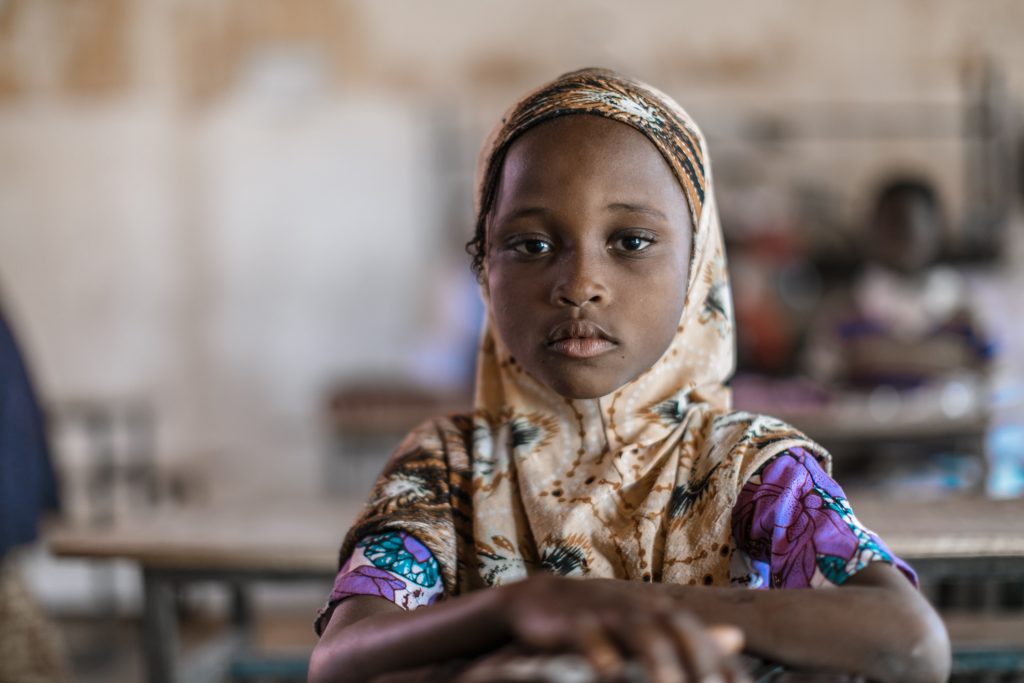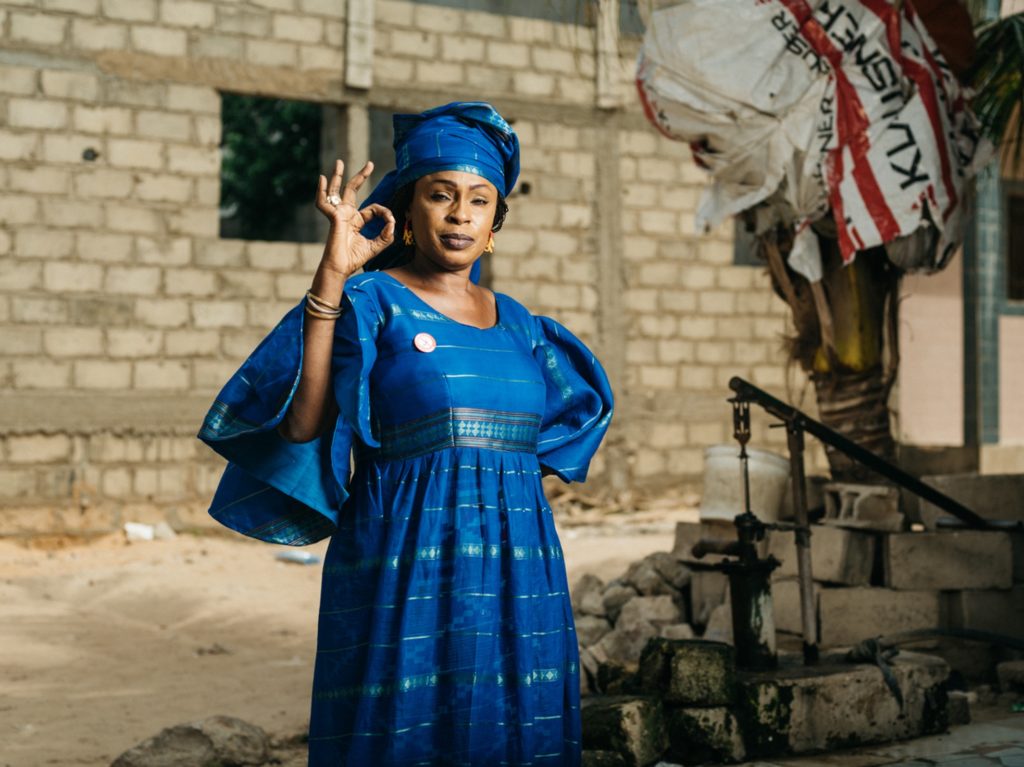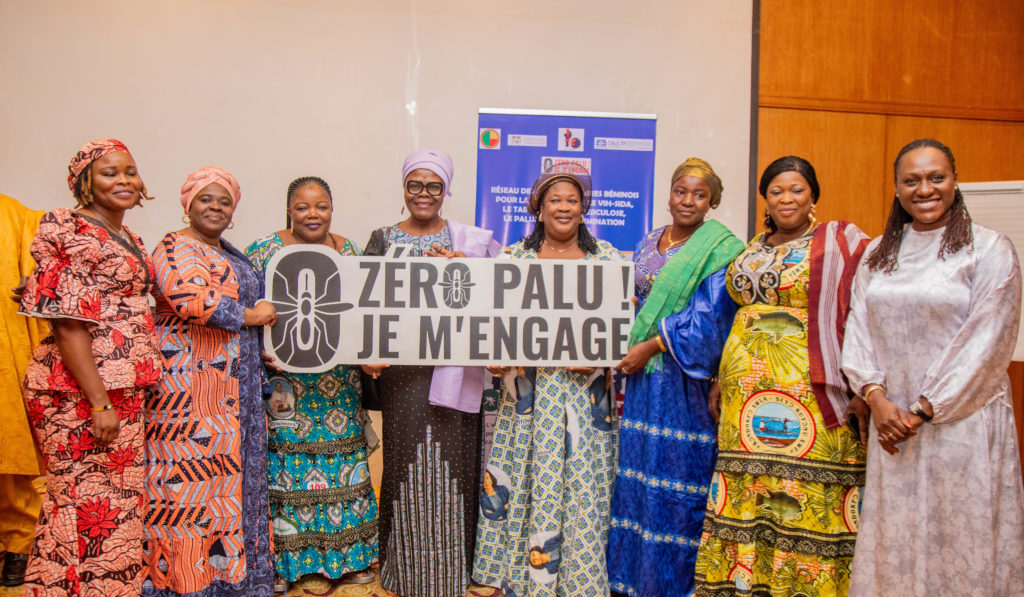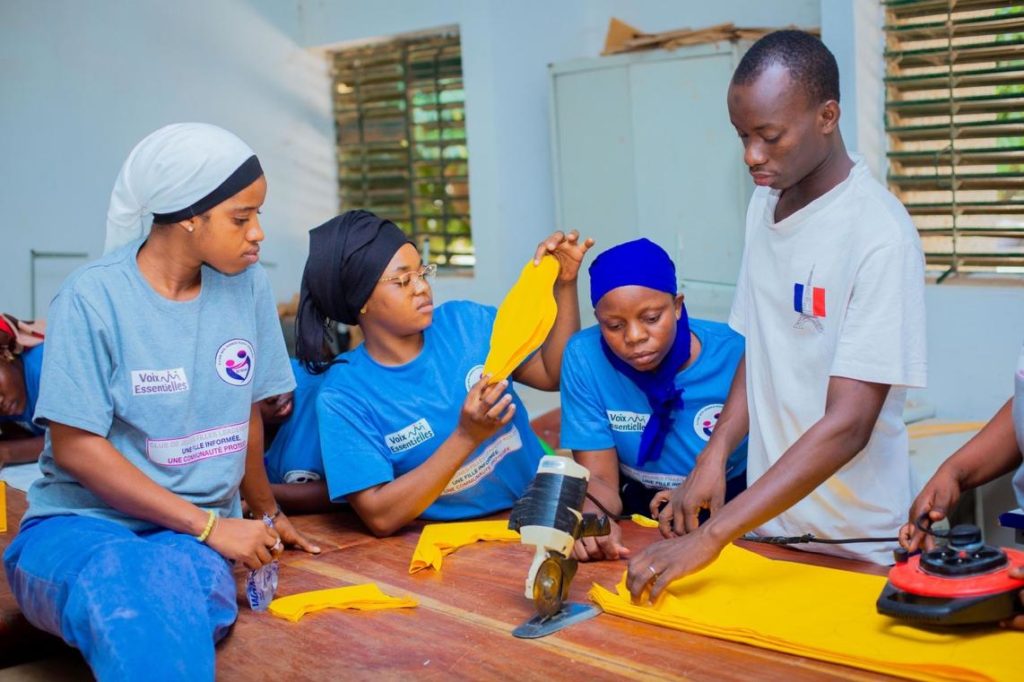Why education is a powerful weapon in the fight against Neglected Tropical Diseases

By Maelle Ba, Project Manager, Speak Up Africa
Last month, I had the privilege of travelling to Niger, in the Kollo District, to visit the primary school N’Dounga Tarey where children received praziquantel, a much needed treatment to prevent schistosomiasis. Known as “Totossa” in Zarma, schistosomiasis or bilharzia is an acute and chronic disease caused by parasitic worms. People of all ages are exposed to this disease when they come in contact with infested waters – therefore, the lack of hygiene or activities that children like to do such as fishing or swimming, make young people particularly vulnerable to the infections.
Although it was great to witness children receiving preventive treatments, the trip left me thinking that it is simply unacceptable that so many of them, in Niger or in Africa, are affected by the disease when treatments are available. Within days of becoming infected, children can develop a fever, diarrhoea and severe stomach pains. If left untreated, the consequences can be extreme.
Whilst an incredible 102.3 million were treated by national programmes across Africa, still over half of people were left untreated. And this isn’t just a problem in Africa either – it is a global problem. Estimates suggest that at least 220.8 million people around the world required preventive treatment in 2017.
With almost 70% of the children at the School of N’Dounga Tarey affected by the disease, it is simply critical that children here and across Africa receive the treatment that they require. The consequences of schistosomiasis go beyond the immediate pain felt by sufferers, as the disease also causes problems with absenteeism, lack of attention in school and out of pocket expenses for parents, further worsening the cycle of poverty and causing greater long-term issues.
This is very much the case for a spirited 11-year-old student called Massoura, who I met on my trip to Niger. Like most of the students at her school, Massoura is affected by “Totossa”. Because of the disease, Massoura often misses school and is now falling behind her classmates. Moreover, her parents struggle financially to pay the costs of Massoura’s treatment and are devastated by their daughter’s pain.
To stop more children suffering like Massoura, we must increase information and knowledge sharing in schools. Children swimming in infested waters is one of the main causes of schistosomiasis infections and we must raise awareness on how to best prevent these infections by sharing information in schools.
Schistosomiasis is highly endemic throughout Niger, especially in the Niger River basis and surrounding areas, including the capital Niamey. However, if we improve education and increase access to preventative treatments administered across the region, we can take a positive step forward. Education is a powerful weapon in the fight against “Totossa” and Neglected Tropical Diseases (NTDs), so it must be utilised to ensure that children are protected once and for all. We must act together, so join me in saying No to Neglected Tropical Diseases!


